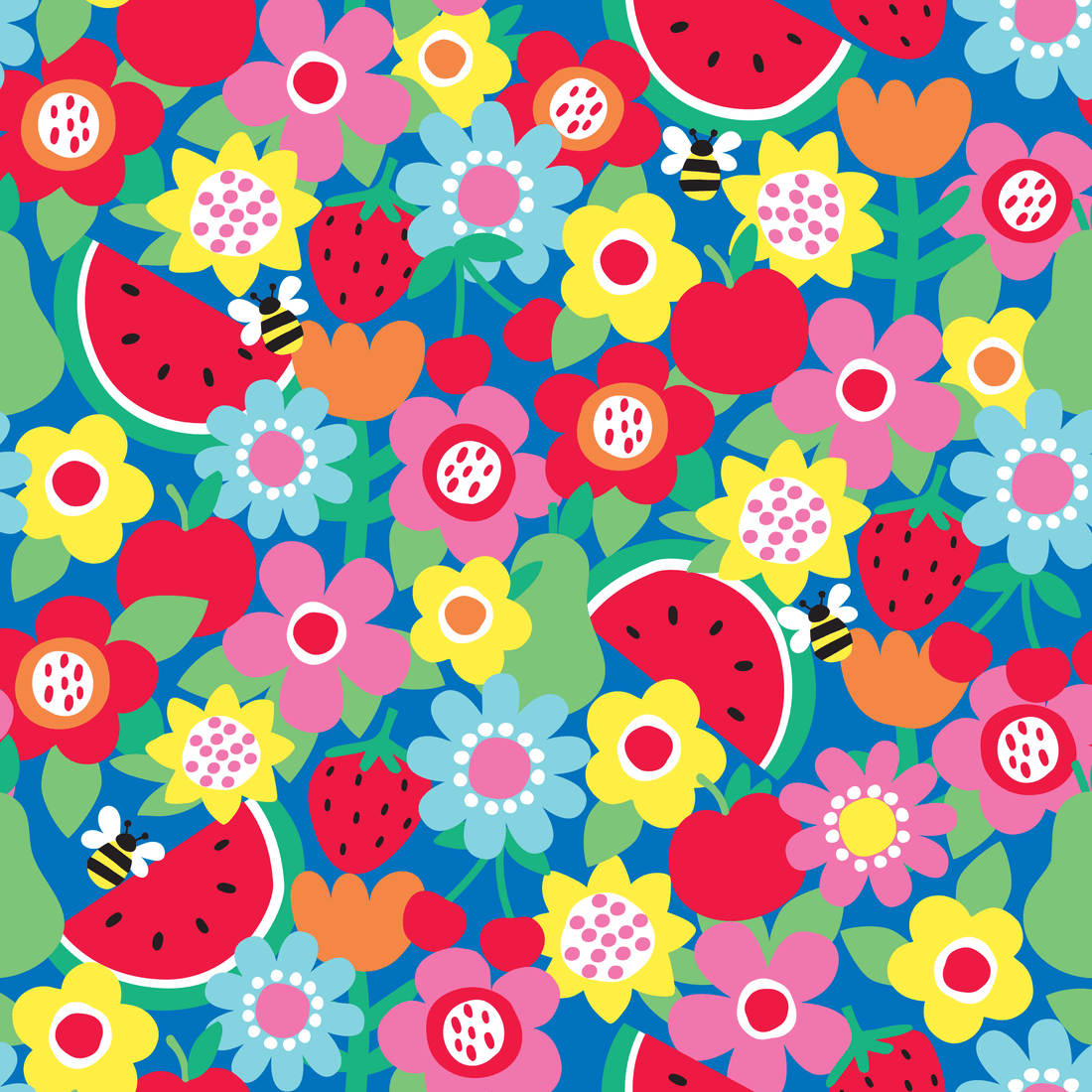
Don't Step on a Bee Day
Share

This 10th of July is National Don't Step on a Bee Day, and we are calling for your help in protecting these precious creatures. They help us by pollinating plants that create our food, but now they need our help more than ever.
Organic agriculture is essential to helping pollinators such as bees, as it protects their environment by not using pesticides or other chemicals that would harm them. The organic cotton industry is said to not only reduce the risk to bees but also actively help in supporting their population - helping to increase their survival.
Everyone can do something to help them out, whether it's planting the flowers they love, learning about their lifestyle or raising awareness.
Let's learn more about these fascinating creatures!
Top bee facts
(Thanks to British Beekeepers Association)
Bees do not sleep but remain motionless to preserve vital energy for the next day of foraging.
A bee can reach speeds of 15-20mph (21-28km/h)
Bees can't see the colour red
A honey bee has five eyes

But how can I help?
1. Don't step on a bee (very important!)
2. Save a bee. If you see a bee struggling, you can offer a sugary solution. Mix two teaspoons of white granulated sugar with one teaspoon of water and put it on a plate or drip it on a flower to revive a tired bee.
3. Help your local beekeeper. Buy local honey from nearby farm shops or delis, which can help our bees by keeping them busy. Much of our love is currently imported from other countries, which doesn't help our bees. Local Food Britain has a great website where you can find your nearest stockist
3. Plant wildflower seeds. This is such an easy and fun way to help the little guys. You simply scatter the seeds in your garden or a flower pot. You will then have lots of attractive flowers for bees and help them do their job. Seedballs make significant mini-ecosystems, protecting your seeds from birds, ants and slugs and giving them nutrition as they germinate and grow
5. Learn about your local bees. There are so many different types of bees, but in the UK, we have one type of Honeybee, 24 types of Bumblebees and around 240 types of Solitary bees who come in various sizes, shapes and lifestyles. Not sure which bee you are looking at, then head to the British Beekeepers Association (BBKA) website, where they have a page for identifying the most common bees
6. Let it grow. Leave your garden to grow and see how many insects and pollinators come to visit. Your grass will be full of beautiful daisies and dandelions, providing food for butterflies and bees to thrive. There is even a No Mow May challenge you can take part in, run by Plantlife, which says you can get ten times more bees in your garden by giving the mower a rest.


